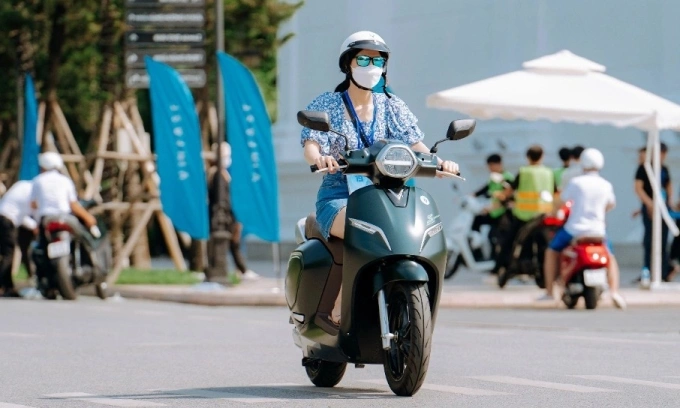Hanoi Leads the Charge Against Gasoline Motorbikes
Starting July 1 next year, Hanoi will implement a ban on gasoline two-wheel vehicles within its Ring Road 1, covering most downtown areas. This initiative will expand to Ring Road 2 by January 1, 2028, and eventually to Ring Road 3 by 2030, including personal cars using fossil fuels.
HCMC Considers Similar Green Vehicle Zones
While Ho Chi Minh City (HCMC) has not confirmed a timeline, it is contemplating establishing zones that prioritize green vehicles and restrict gasoline and diesel cars and motorcycles, particularly in downtown and outlying areas like Can Gio and the Con Dao Special Zone.

The Rise of Electric Bikes in Vietnam
Electric bikes entered the Vietnamese market in the early 2000s, primarily appealing to students due to the no-license requirement for two-wheel EVs. Initially dominated by imports from China, the market has seen the emergence of local brands like VinFast, which sold nearly 71,000 units last year.
Challenges and Opportunities Ahead
The transition to electric vehicles presents significant challenges, including the need for adequate charging infrastructure and addressing fire safety concerns. Despite these hurdles, the policy changes in Hanoi and HCMC are set to dramatically reshape Vietnam's motorcycle market, with local and international brands vying for dominance in the burgeoning EV sector.









Comments